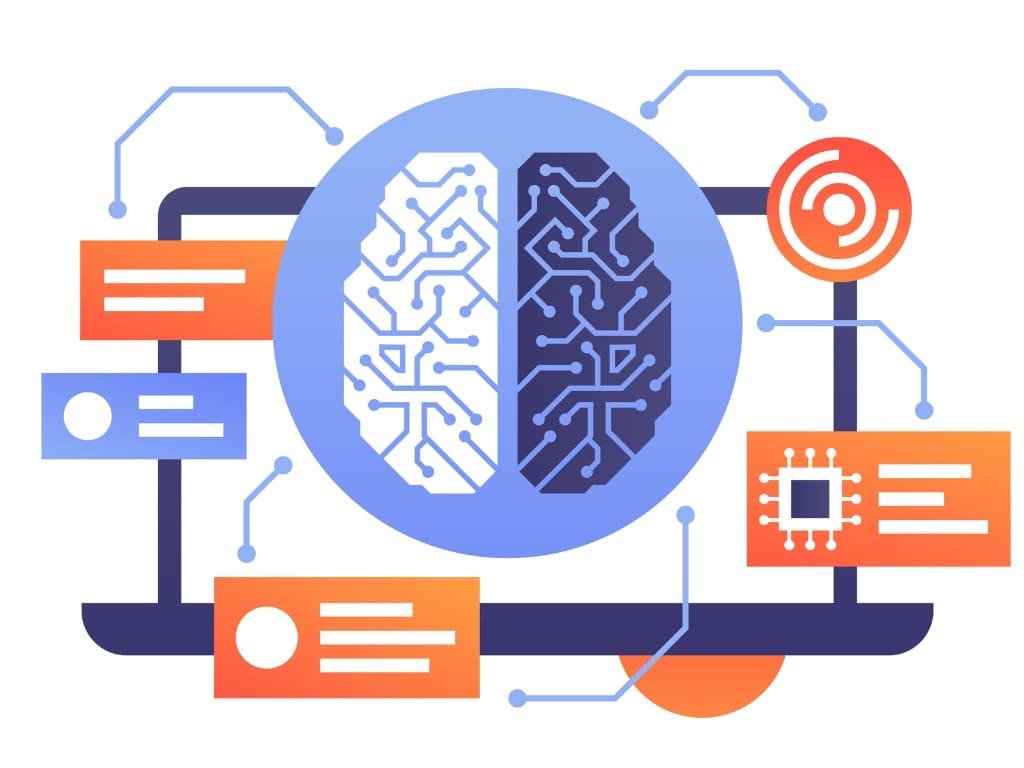Welcome to a journey into the heart of modern digital landscapes, where Artificial Intelligence (AI) algorithms are shaping the way websites are ranked on search engines. In this post, we’ll uncover the intricacies of how AI-driven algorithms influence website ranking, helping businesses and individuals understand the ever-evolving world of digital visibility.
As we step into 2023, join us in demystifying the crucial role AI plays in determining which websites capture the spotlight on search engine result pages (SERPs).
The Evolution of Website Ranking
Website ranking, the process of determining the order in which websites appear on search engine result pages, has evolved significantly over the years. Early ranking methods were relatively simplistic, relying on factors like keyword density.
However, the rise of AI-driven website ranking has introduced a new era of complexity, algorithmic precision, SERP visibility and user-centricity to the ranking process like Tiktok app is ranked these days in worldwide. Understanding the impact of AI algorithms on website ranking is essential for staying competitive in the digital landscape of 2023.
AI Algorithms for website: The Power Behind Ranking
AI algorithms in search ranking, complex mathematical formulas, content relevance assessment and user-centric ranking powered by machine learning, play a pivotal role in determining website rankings. These algorithms analyze a myriad of factors, from website content and user behavior to relevance and quality, to provide users with the most relevant and valuable search results.

Understanding the mechanics of AI algorithms for website ranking illuminates the science behind effective digital visibility.
Personalization and User Intent
AI algorithms for website ranking excel in understanding user intent (AI-driven content assessment). By analyzing past search behavior, browsing patterns, and demographic information, these algorithms deliver personalized search results tailored to each individual. This personalized approach enhances user experience and increases the likelihood of delivering relevant content.
Content Quality and Relevance
AI algorithms assess the quality and relevance of website content. This goes beyond mere keyword matching and considers factors like semantic context, quality content ranking, natural language use, and overall readability. Websites that provide valuable, relevance algorithms and well-crafted content are rewarded with higher rankings. AI algorithms bring depth to content assessment, ensuring that search results offer valuable information and insights.
User Experience and Engagement
User experience or user-centric ranking factors is a critical factor in website ranking. AI algorithms gauge user engagement metrics impact like bounce rate, time spent on page, and click-through rates to determine whether a website provides a positive user experience or a AI and user experience.
Websites that keep users engaged and satisfied are more likely to climb the rankings. AI algorithms prioritize user experience, ensuring that search results connect users with websites that offer valuable and engaging content.
Adaptability and Evolution
One of the remarkable aspects of adaptive AI algorithms is their adaptability and real-time ranking adjustments. These algorithms constantly learn from new data, user interactions, and shifts in search behavior. As the digital landscape evolves, AI algorithms evolve with it, making real-time adjustments to deliver the most relevant and up-to-date search results.
The adaptability of AI algorithms ensures that website ranking remains relevant, search behavior evolution and effective in a fast-paced digital world.
The Role of Ethical SEO
While AI algorithms for website enhance the accuracy of website ranking, ethical SEO practices remain crucial. Manipulative tactics, such as keyword stuffing or low-quality content, can lead to penalties (algorithmic penalties)and decreased ranking. AI algorithms reward websites that provide genuine value to users, value-driven optimization and reinforcing the importance of organic and authentic optimization. Ethical SEO practices align with AI algorithms, fostering an environment where user-centric content thrives.
The Human-AI Collaboration
While AI algorithms drive the ranking process, human expertise remains invaluable. Human intervention ensures that AI algorithms align with the intent and values of the website with human-AI collaboration, while also accounting for context that algorithms might overlook.
The synergy between human insights and AI precision yields optimal website ranking outcomes with AI-human partnership. The collaboration between human expertise and AI algorithms for website ranking enriches the website ranking process, marrying precision with context or we can say contextual ranking refinement.
Staying Ahead in 2023
As we navigate the digital landscape of 2023, understanding AI algorithms’ role in website ranking is paramount. Embracing AI-driven strategies, such as optimizing for user experience and delivering high-quality content, positions websites for higher visibility.
Staying informed about AI algorithm for website updates and remaining adaptable to evolving search behaviors ensures consistent digital success. Staying ahead in 2023 SEO practices requires embracing AI-driven ranking strategies and staying informed about algorithmic advancements with evolving search behaviors.
Conclusion
In conclusion, AI algorithms have revolutionized website ranking, enhancing accuracy, personalization, and user-centricity. These algorithms analyze diverse factors to deliver search results that align with user intent and provide valuable experiences. While AI drives the ranking process, ethical SEO practices and human expertise remain essential to ensure the authenticity and relevance of websites.
As we navigate the digital landscape of 2023 and beyond, understanding AI algorithms‘ significance empowers businesses and individuals to harness the power of digital visibility, connect with their audiences, and stand out in the vast expanse of the internet.
